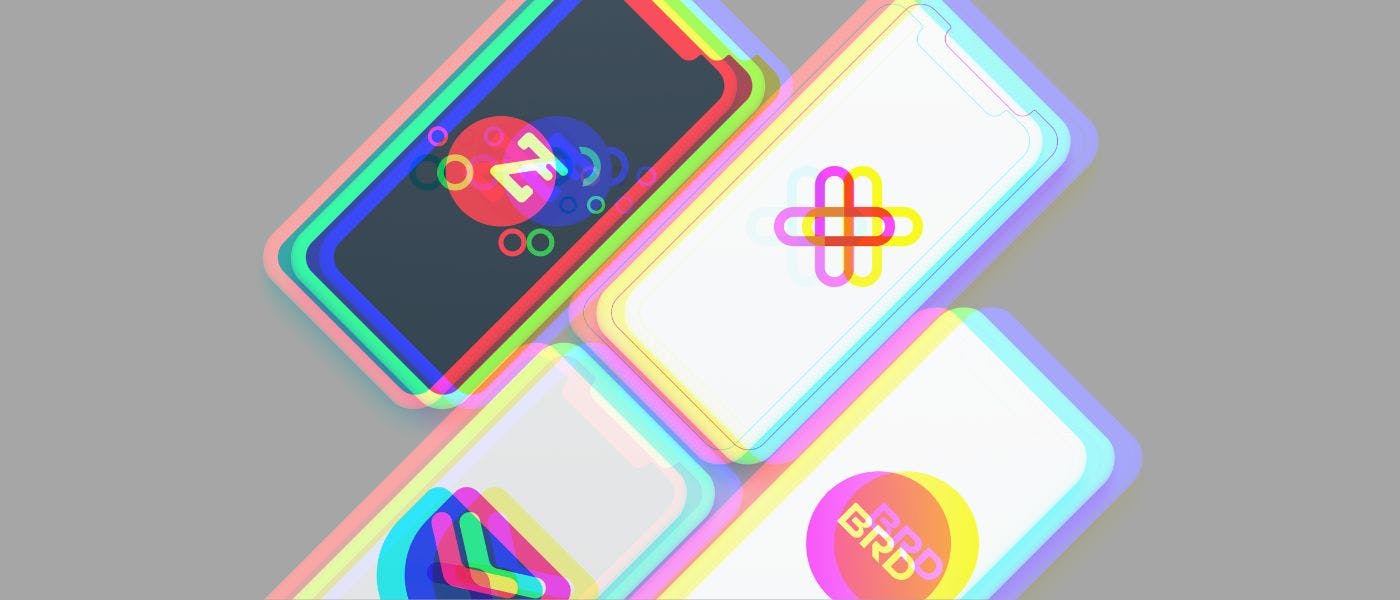298 reads
Crypto on-the-go? 4 Wallet Apps Compared
by
February 12th, 2021
Audio Presented by

Crypto, DeFi, Web3 & JPEG connoisseur, reviewing technical topics with content even a brainlet like me can understand.
About Author
Crypto, DeFi, Web3 & JPEG connoisseur, reviewing technical topics with content even a brainlet like me can understand.
